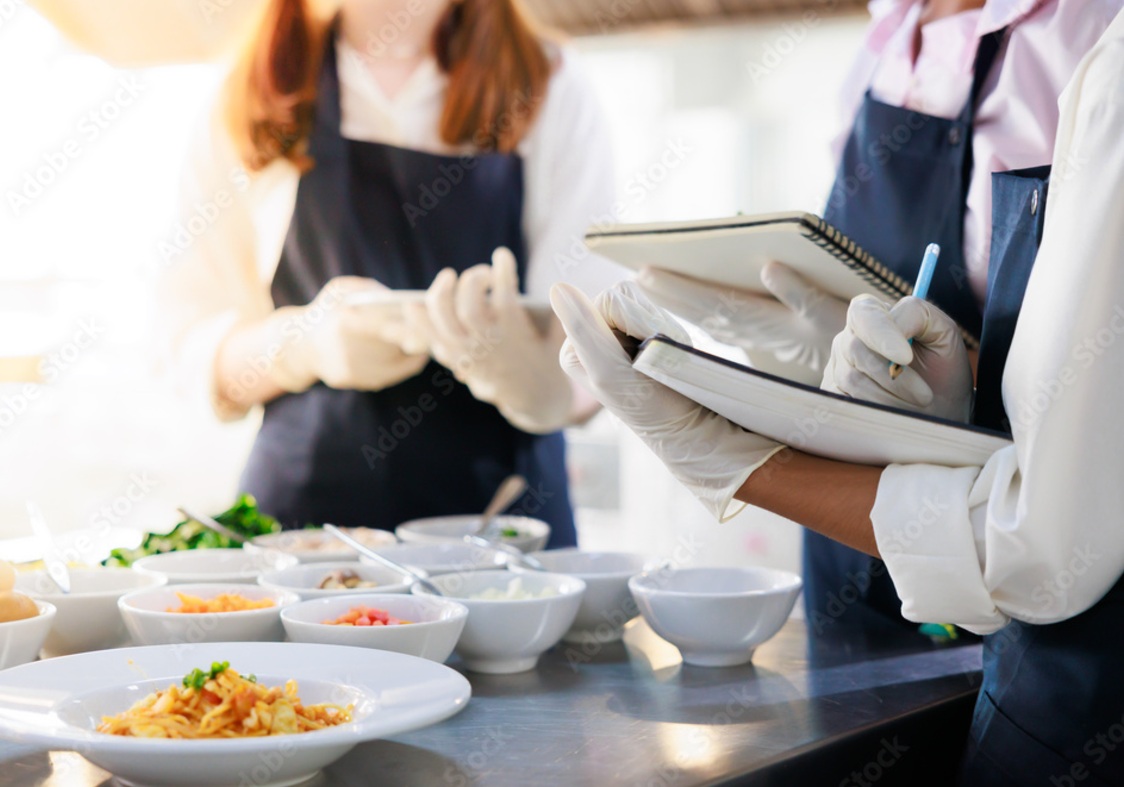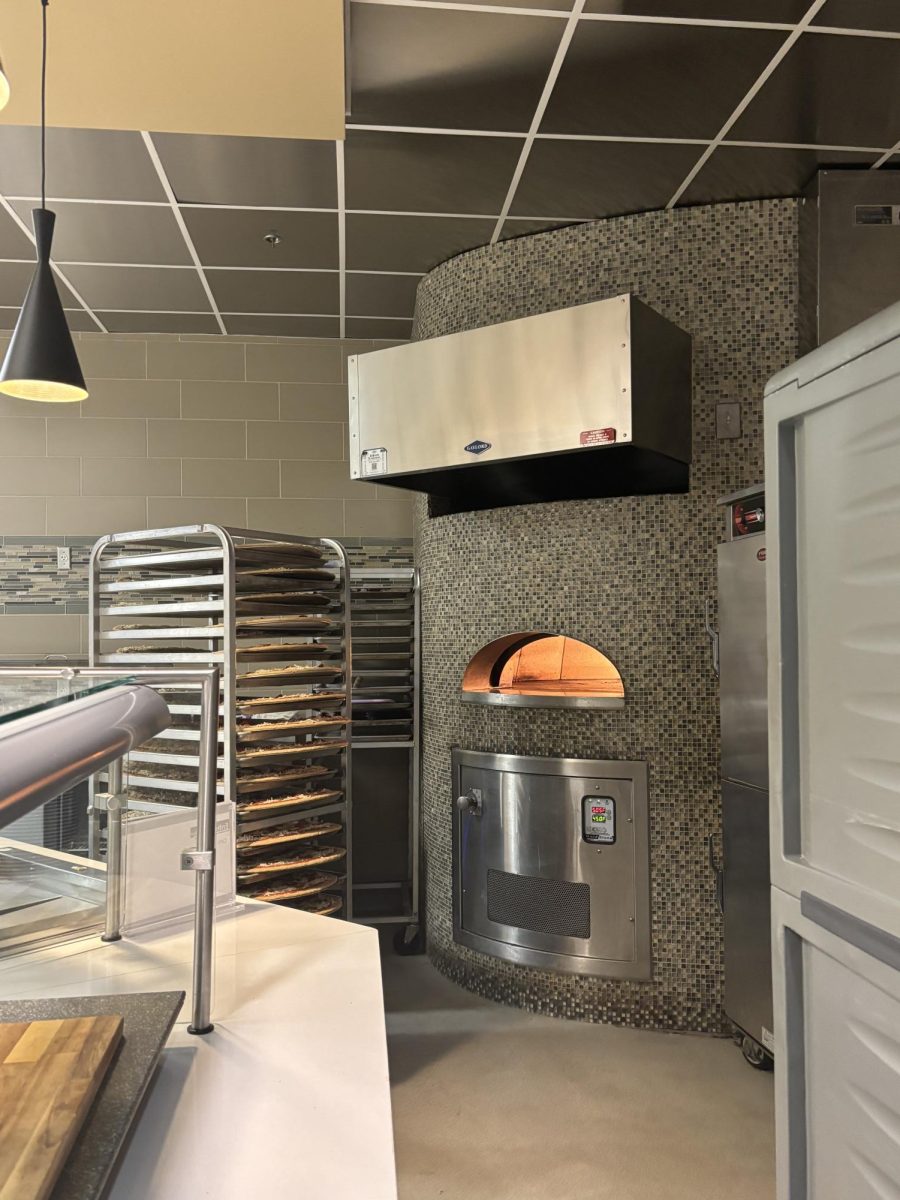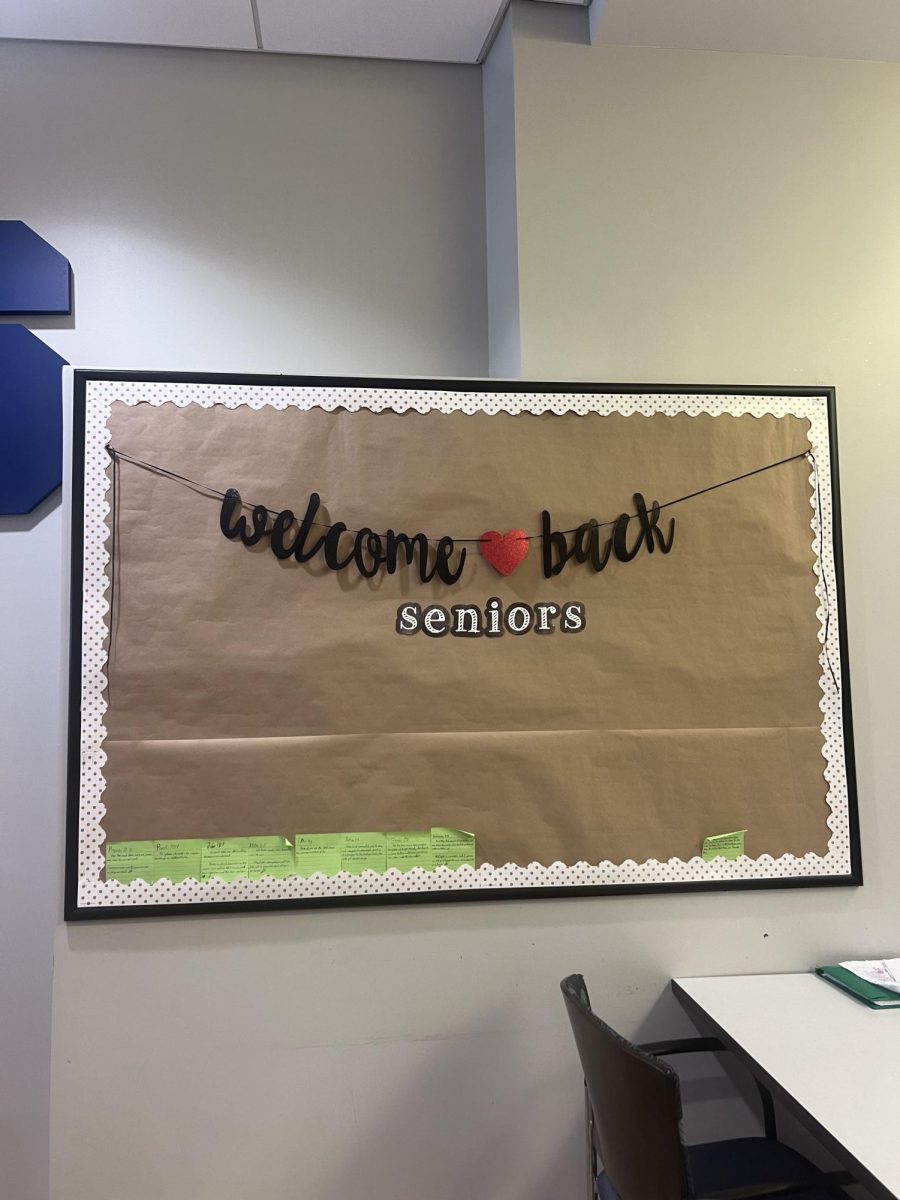Despite offering culinary classes in lower school, I believe upper school culinary programs remain important for several key reasons. Upper school is where students can take their cooking skills to the next level, refining their craft and exploring more advanced techniques, which lay the foundation for both personal growth and potential careers in the food industry.
While lower school classes often focus on the basics, like knife skills and simple recipes, upper school programs could dive into more complicated yet necessary methods. From baking delicate pastries to perfecting food plating and experimenting with international cuisines, these courses help students build on what they’ve learned and expand their culinary knowledge.
More importantly, upper school culinary classes could teach practical life skills, like meal planning, budgeting, and understanding nutrition. As students approach adulthood, these skills become vital for independent living and making healthier food choices that can have a lasting impact on their well-being.
In addition to personal growth, high school culinary programs offer career exploration opportunities. For those considering a future in the food industry, these classes provide the foundation to pursue careers as chefs, dietitians, food scientists, or even entrepreneurs. Some programs even offer certifications that can help students jumpstart their careers in professional kitchens or other food-related fields.
Beyond cooking, these classes teach valuable life skills such as teamwork, leadership, responsibility, and skills that will serve students well in any profession.
For me, cooking is more than just a hobby, it’s a way to give my parents a break or take care of others. There’s something special about how food brings people together and spreads joy. Since food is essential for life, taking the time and effort to prepare a meal for someone feels like a meaningful way to contribute and make a difference.
Ultimately, high school culinary programs build on the foundational skills learned in elementary school and equip students with practical skills for both personal success and future careers. These programs provide more than just cooking lessons; they offer opportunities for academic growth, career exploration, and a deeper understanding of health and nutrition.
Whether students choose a path in the food industry or simply want to live a healthier, more independent life, these classes give them the tools to succeed. And let’s be honest, who doesn’t love a chance to whip up a gourmet meal and share it with others?









